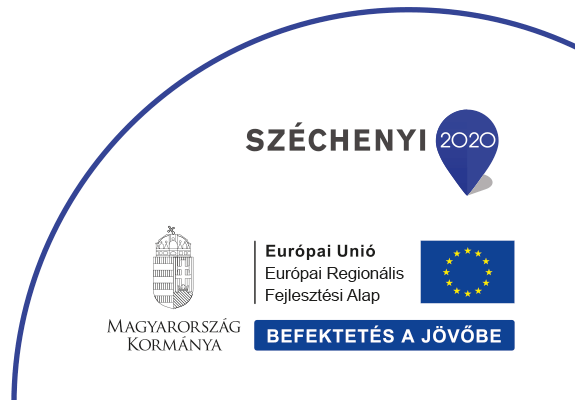Kiss-Kökényessy Zsófia
A „görögkatolikus ügy” a pesti sajtóban a századfordulón
Tartalom
Tartalom: 1. Bevezetés; 2. A pesti sajtóról röviden; 3. A sajtóban megjelenő problémakörök; 3.1. A hajdúdorogi nyelvi mozgalom követelései; 3.2. Az „oláhkérdés”; 3.3. A magyar nyelvű liturgia igénye; 3.4. „Visszamagyarosítás”; 3.5. „Oláhosítás”; 4. Konklúzió. Zsófia Kiss-Kökényessy: The Greek Catholic Question in the Budapest Press at the Turn of the Century The Hajdúdorog Language Movement of 1868 was an outstanding moment in the religious and national awakening of Hungarian Greek Catholics. The Divine Liturgy in Hungarian and the establishment of a Hungarian Greek Catholic eparchy were formulated as goals at that time. From that historic moment, sources relevant to an investigation of discourse on Hungarian Greek Catholic identity would clearly emerge. Part of a doctoral thesis, the present study interprets the battle of Hungarian Greek Catholics for the right to use the Hungarian language as a discursive space, devoting a separate inquiry to instances of written discourse of this kind appearing in the Budapest press at the turn of the century. During that period, in the sharply rising number of opinions, reports and articles on the endeavours of the Hungarian Greek Catholics, distinct interest groups and systems of arguments would clash, providing researchers with a body of sources rich in style and message, thanks to the liberal censorship of the time. Published between 1868 and the 1910s, the two daily papers, Budapesti Hírlap and Budapesti Napló, which constitute part of the focus of investigation, dealt with the Hungarian Greek Catholics more than 11000 times. The study offers a selection of such references, analysing the period’s recurrent discourse themes inferred from these and examining their impact on the hardships and accomplishments associated with the cause of the Hungarian Greek Catholics.

